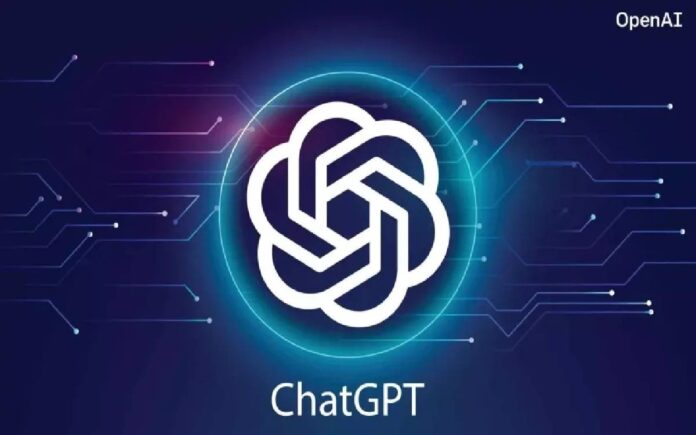New York: OpenAI is reportedly testing a watermarking feature for AI-generated images created by free-tier users of ChatGPT. According to recent discoveries in a beta version of the Android app, a new code reference labelled “image-gen-watermark-for-free” was spotted in version 1.2025.091 by AI researcher Tibor Blaho, sparking speculation about upcoming changes to the image generation experience for non-paying users.
ChatGPT updates
— Tibor Blaho (@btibor91) April 5, 2025
– Student Plus referral program now also available for Colombian students (Universidad Nacional de Colombia)
– new mentions of "shared posts" in addition to shared conversation, canvas and deep research in the web app
– the new ImageGen watermark is mentioned… pic.twitter.com/j4sYfWJXLB
The feature appears to be in early stages of testing and has yet to be officially confirmed by OpenAI. If rolled out, it would mean that images generated by free-tier users may include visible watermarks—potentially as a means of distinguishing AI-made content from authentic visuals and combating misuse.
This development comes shortly after the rollout of ChatGPT-4o in early April, which introduced advanced image generation capabilities. The tool rapidly gained traction among users, especially for stylized and artistic visuals, including anime-inspired creations such as Studio Ghibli-style artworks. However, the increasing accessibility of powerful generative tools has raised red flags around misuse—including reports of individuals using the tool to create fake identity documents like Aadhaar cards.
Watermarking AI-generated images could serve as a preventive measure against misinformation, copyright infringement, and digital deception, all of which have become more challenging to control in the age of synthetic media.
So far, it’s unclear how prominent or intrusive the watermark might be, or whether users will have options to remove it. The testing phase does suggest that free users would still be able to generate images—but may only be able to download watermarked versions.
As per the leaked findings, ChatGPT Plus and other paid users are unlikely to be impacted by the watermarking policy, though OpenAI has not issued any official statements regarding distinctions between user tiers.
With growing global discourse around AI transparency and ethical use, OpenAI’s watermarking experiment could mark a significant step toward digital accountability. However, whether this feature becomes permanent—and how it will be received by the user community—remains to be seen.



